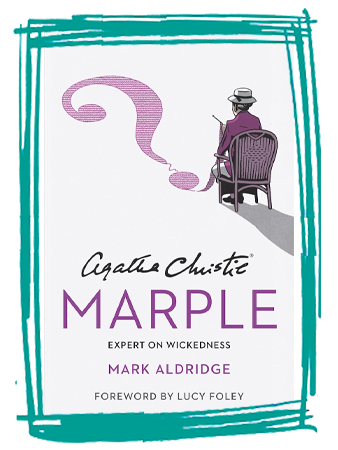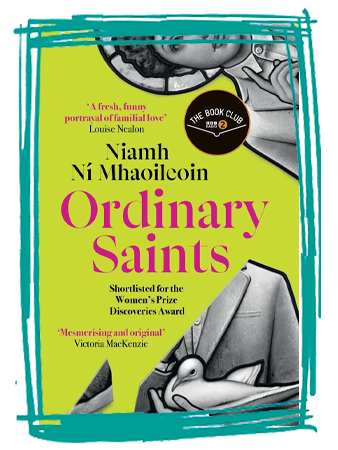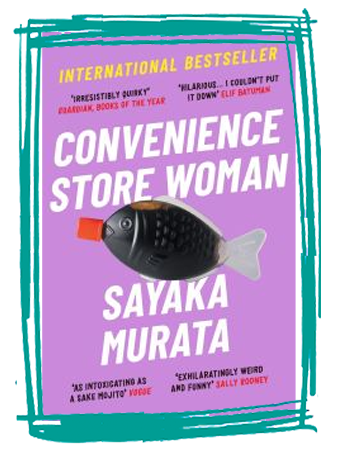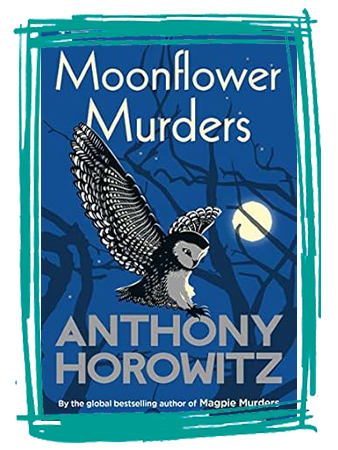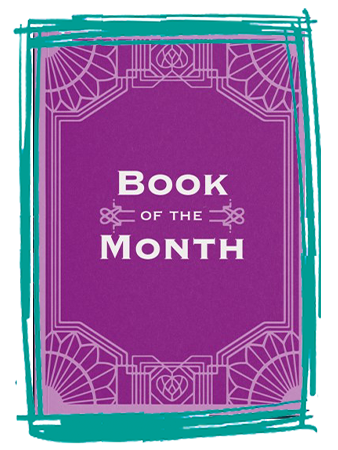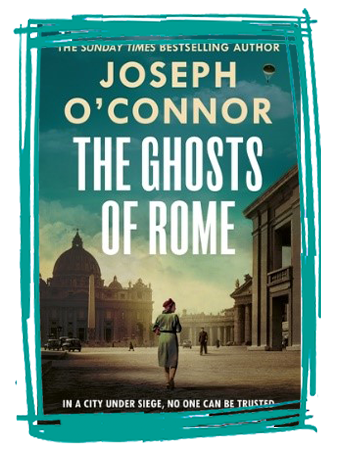Reading Far and Wide
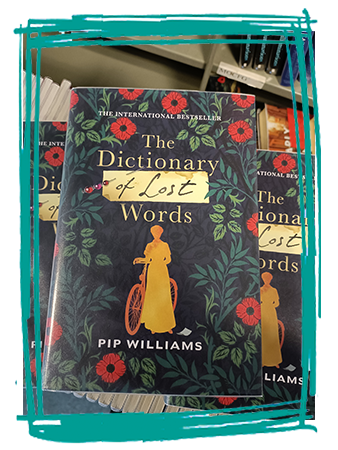
Like many people who are readers I am also keen on creative writing and belong to a Writing Group near my home. One thing I have heard said is that the best training for being able to write yourself is to be a reader. Reading a wide variety of authors and styles helps you to appreciate the written form, to work out for yourself what it is that appeals to you and then attempt to put it onto a page yourself. There is something deeply satisfying about writing a story or a poem and even if it goes no further than your friends and family- at least you have achieved something! Of course many people don’t feel that urge to write and still read widely for the enjoyment of it.
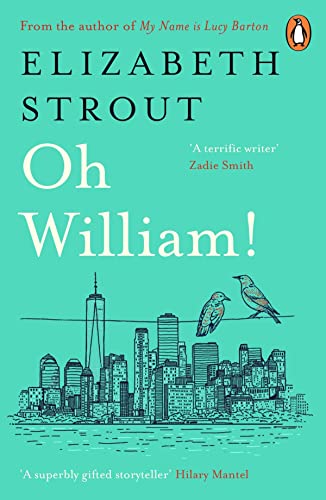
It can be frustrating to read something you think is brilliant and not have anyone to share your thoughts with and one outlet for this could be to join a Reading Group where you can discuss what you’re reading with a group like-minded group of people.
I attend one such group which meets in a café in Belfast – we get our books either from the Library Reading Group collection (for those who like a physical book) or we download the eBook or eAudiobook from Libby or BorrowBox. Whatever way we read we love to get together to discuss the book, with, what can be, lively debates with plenty of tea, coffee and cake!
We recently read Lucy Caldwell’s (@beingvarious) 'These Days' (titles by Lucy Caldwell) a novel based around the lives of a family during the Belfast Blitz in 1941, which resulted in quite an animated discussion about life during the war from our own families experiences. Before that we read 'Oh William' by Elizabeth Strout (@lizstrout) another part in the intriguing story of Lucy Barton (‘My Name is Lucy Barton’) which has continued with a more recent title ‘Lucy by the Sea’ featuring life during the covid lockdown - titles by Elizabeth Strout.
This month we are reading 'The Dictionary of Lost Words' by Pip Williams which is a fictitious account of how words and the meaning of words are preserved in a dictionary based round the lives of the dictionary compilers at the time of the suffragettes and women’s rights in England. If you are a word lover you would enjoy this as there is lots of information on the provenance of words and how they can have a variety of meanings in different circumstances. The author has researched the beginnings of the Oxford English Dictionary (OED) and how James Murray and his family built a ‘Scriptorium’ in their garden (1879) to house the many compilers that were employed in researching and discovering the history of the written words which made up the English language at that time. Controversially they did not include many of the common words which the lower classes used on a daily basis because they were not written down or were considered crude. The first dictionary was very much compiled by ‘white, middleclass gentlemen’ and the choice of words reflected that. Later editions of the OED included a much wider range of words as it evolved over the years.
As usual after reading this book I resorted to doing a bit of my own research to find out how much of the novel is actual fact – the author herself in her afterward lays out her own research and lets us in on the process that resulted in this book. May I just say that my own knowledge and understanding of the history of the English Dictionary has been greatly enhanced! Titles by by Pip Williams
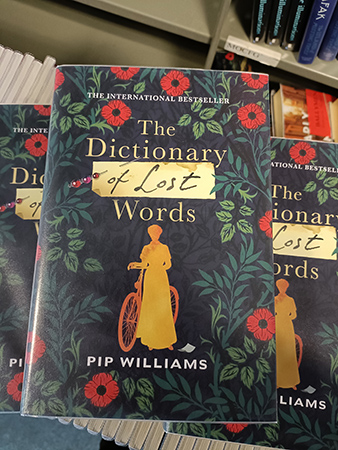
By the way, it was universally enjoyed by the Reading Group who either ‘loved it’ or ‘liked it’.
